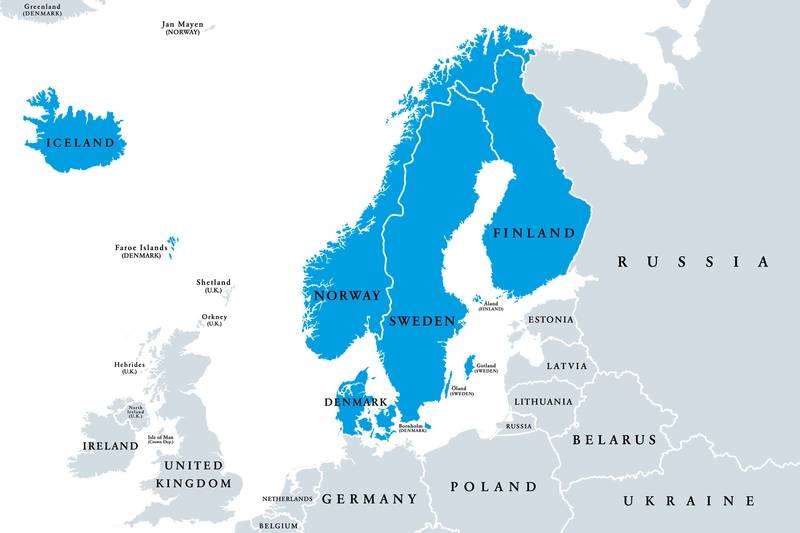Two undersea fibre-optic communications cables in the Baltic Sea, including one linking Finland and Germany, were severed, raising suspicions of sabotage by bad actors, countries and companies involved said on Monday.
The episode recalled other incidents in the same waterway that authorities have probed as potentially malicious including damage to a gas pipeline and undersea cables last year and the 2022 explosions of the Nord Sea gas pipelines.
The 1,200-kilometre (745-mile) cable connecting Helsinki to the German port of Rostock stopped working around 0200 GMT on Monday, Finnish state-controlled cyber security and telecoms company Cinia said.
A 218-km (135-mile) internet link between Lithuania and Sweden’s Gotland Island went out of service at about 0800 GMT on Sunday, according to Lithuania’s Telia Lietuva, part of Sweden’s Telia Company group.
Finland and Germany said in a joint statement that they were “deeply concerned about the severed undersea cable” and were investigating “an incident (that) immediately raises suspicions of intentional damage.”
Europe’s security is threatened by Russia’s war against Ukraine and “hybrid warfare by malicious actors,” the joint statement said, without naming the actors.
“Safeguarding our shared critical infrastructure is vital to our security and the resilience of our societies,” Germany and Finland said.
A spokesperson for Telia Lietuva, Audrius Stasiulaitis, said the other cable was severed as well. It is owned and operated by Sweden’s Arelion to carry Telia Lietuva’s internet traffic, the Telia spokesperson said.
“It is absolutely central that it is clarified why we currently have two cables in the Baltic Sea that are not working,” Carl-Oskar Bohlin, Sweden’s minister of civil defence, told Swedish public broadcaster SVT.
Located in northern Europe, the Baltic Sea is an active commercial shipping route and is ringed by nine countries including Russia.
The damage to the Finland-Germany cable occurred near the southern tip of Sweden’s Oland Island and could require five to 15 days to repair, Cinia’s chief executive, Ari-Jussi Knaapila, told a news conference.
Last year a subsea gas pipeline and several telecoms cables running along the bottom of the Baltic Sea were severely damaged in an incident raising alarm bells in the region.
Investigators of the 2023 cases in Finland and Estonia have named a Chinese container ship that they believe dragged its anchor and caused the damage. But they have not said whether the damage was accidental or intentional.
In 2022 the Nord Stream gas pipelines linking Russia to Germany in the Baltic Sea were destroyed by explosions in a case that remains under investigation by German authorities.
(Reuters – Reporting by Essi Lehto in Helsinki, Louise Breusch Rasmussen in Copenhagen, Johan Ahlander in Stockholm and Andrius Sytas in Vilnius, editing by Terje Solsvik, William Maclean, Leslie Adler and Cynthia Osterman)

